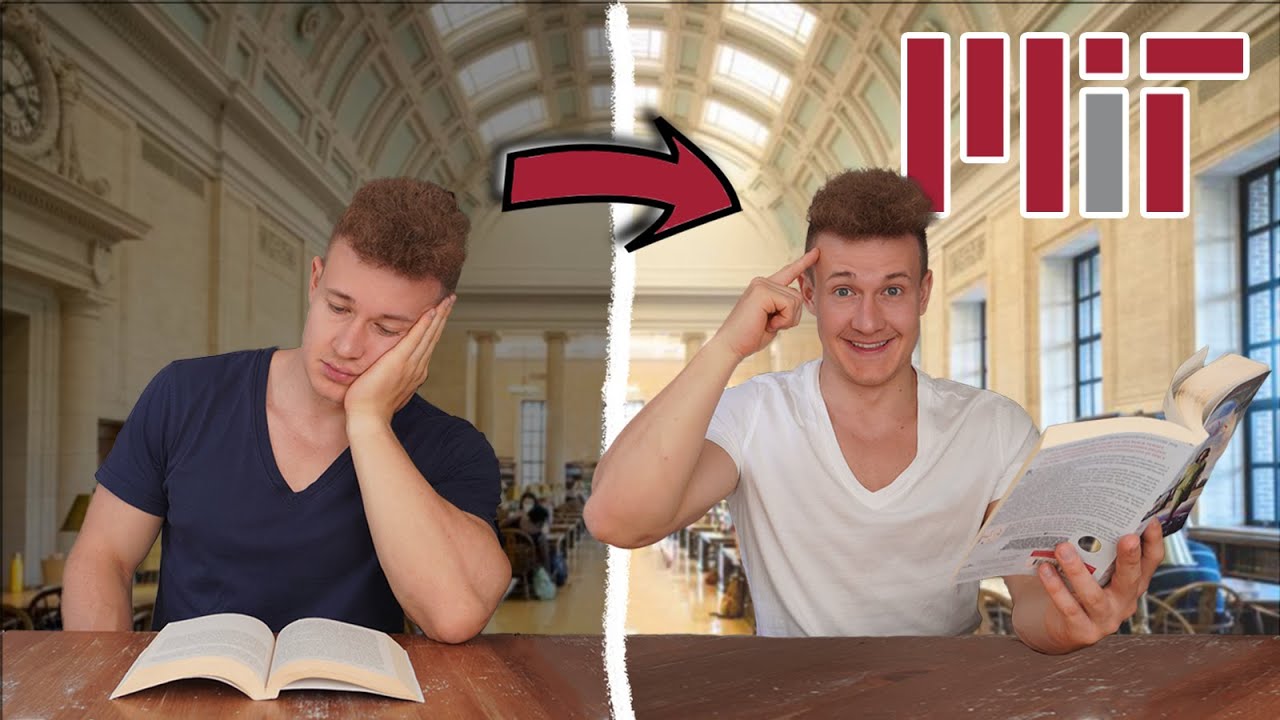Learn more than 99% of software engineers with just two tools
Summary
TLDRThe speaker shares their academic journey, highlighting a transformative learning strategy that led to a first-class degree in construction finance and a successful pivot into tech. They emphasize the Ali Abdul method, which involves creating a question-and-answer database from textbooks and using the Anki app for spaced repetition to retain information. The speaker also suggests using Obsidian for note-taking and emphasizes the importance of learning business knowledge alongside technical skills, as well as keeping up with industry news and filling knowledge gaps within your team.
Takeaways
- 🎓 The speaker initially struggled in college but eventually excelled in a construction finance degree, achieving a first-class degree with honors.
- 🚀 The Ali Abdul method was instrumental in the speaker's academic success, which involved using mind maps and a question-and-answer approach to learning.
- 📚 A friend's strategy of writing down questions and answers from textbooks in a Word document and using the Anki app for spaced repetition was adopted and adapted by the speaker.
- 🔗 The speaker prefers using Obsidian for note-taking, which allows for linking notes together and visualizing the connections between different pieces of information.
- 📈 The speaker applied the learning strategy to software engineering by breaking down an in-depth book into questions and answers, and supplementing with code snippets or images.
- 🏢 In addition to technical skills, the speaker emphasizes the importance of learning business knowledge specific to one's company to stand out in the workplace.
- 🌟 To get ahead, the speaker suggests learning from team members' strengths, finding knowledge gaps in the team, and staying updated with tech news.
- 👥 Networking and mentorship are key, as the speaker recommends learning from colleagues who excel in specific areas and taking on tasks that fill gaps in team knowledge.
- 💡 The speaker created a separate video detailing a workflow for problem-solving, which is a crucial skill in a software engineer's job.
- 📺 Consuming relevant YouTube content helped the speaker in their career transition and suggests others do the same to stay informed about the language and communication of software engineers.
Q & A
What was the speaker's academic performance in college?
-The speaker received two D's and two 's in college, studying physics, maths, English, and computer science.
How did the speaker transition into a construction finance degree?
-The speaker managed to get into a university through clearing to study a construction finance degree.
What was the speaker's achievement at the end of the construction finance degree?
-The speaker graduated with a first-class degree with honors.
What method did the speaker use to improve their learning strategy?
-The speaker used the Ali Abdul method, which involves creating a collection of questions and answers from textbooks and using the Anki app for spaced repetition.
What note-taking application does the speaker prefer over Word documents?
-The speaker prefers Obsidian, a note-taking app that links notes together and visually represents the connections between them.
How does the speaker apply their learning strategy to software engineering?
-The speaker breaks down in-depth books into questions and answers, supplements them with images or code, and uses Anki for long-term retention of the knowledge.
What additional knowledge does the speaker suggest learning for someone in a software engineering role?
-The speaker suggests learning the business knowledge of the company and staying ahead of how the business works.
What are the three points the speaker recommends to stand out in a team?
-Learn from the best on the team, find knowledge gaps in the team, and keep up to date with tech news.
How did consuming YouTube content help the speaker in their career transition?
-It helped the speaker understand the language and communication style of software engineers, making their transition from construction to tech smoother.
What is the importance of staying updated with tech news?
-Staying updated with tech news helps in being aware of new tools and technologies that can be beneficial in one's work and staying ahead of the curve in the industry.
How does the speaker approach problem-solving in their work?
-The speaker has a specific workflow for problem-solving, which is not language-specific and can apply to everyone. They made a separate video explaining this workflow.
Outlines

This section is available to paid users only. Please upgrade to access this part.
Upgrade NowMindmap

This section is available to paid users only. Please upgrade to access this part.
Upgrade NowKeywords

This section is available to paid users only. Please upgrade to access this part.
Upgrade NowHighlights

This section is available to paid users only. Please upgrade to access this part.
Upgrade NowTranscripts

This section is available to paid users only. Please upgrade to access this part.
Upgrade NowBrowse More Related Video

How I learned to code in 3 months (and got several offers)

How to write a first class essay & dissertation WITH EXAMPLES

If you don't enjoy studying, you're doing it wrong

Best Study Method if You Struggle to Focus | How I got into MIT despite ADHD

Torno all'università a 36 anni! Troppo tardi?

Beyond the Books - Brian Pilarski
5.0 / 5 (0 votes)